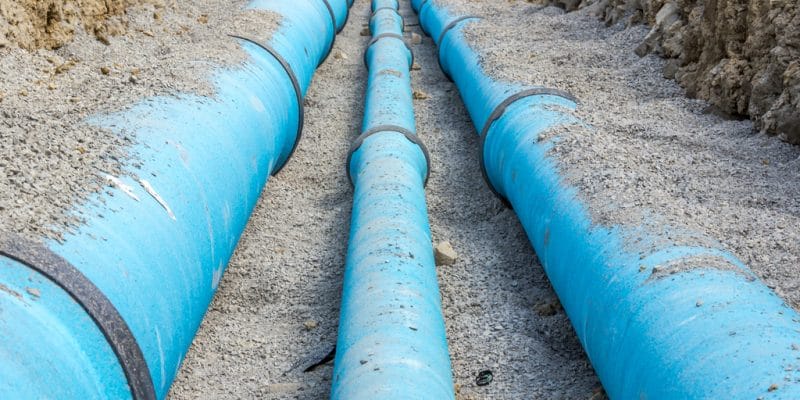Ivory Coast recently received a loan of 157.9 billion CFA francs (240.7 million euros) from China. The funds are intended to finance a drinking water project that will cover 12 cities in the country.
An agreement was recently signed between Marcel Amon-Tanoh, the Minister of Foreign Affairs of Ivory Coast and Wan Li, China’s Ambassador to Ivory Coast. It concerns a loan of 157.9 billion CFA francs (240.7 million euros). The funds will be used to implement a drinking water project in 12 cities.
The cities of Bouaflé, Daloa (centre-west), Divo, Grand-Lahou (south), Katiola (centre-north), Mankono, Boundiali, Odienné, Séguéla, Touba (north), Sassandra (southwest) and Tanda (east). According to Marcel Amon-Tanoh, “China’s loan is a real support for the social policy initiated by the government of Ivory Coast during the period 2019-2020 (…). The aim is to strengthen the impact of economic growth on the disadvantaged segments of the population. Especially in the key sectors of education, health, access to safe drinking water and other basic infrastructure”. What is locally known as “dropping growth on the plate”.
The project implemented through this “preferential rate loan” from China will provide more than 3 million people with safe drinking water. This new financing comes a few days after the Ivorian government approved a loan from the International Development Association (IDA), a subsidiary of the World Bank.
It amounts to 87 billion CFA francs ($150 million) to finance the implementation of Phase II of the Strengthening Urban Drinking Water Supply and Sanitation Project (PREMU). This will improve the supply of drinking water in 12 other secondary cities in Côte d’Ivoire. They are: Tiassalé, N’Douci, N’Zianouan, Agboville, Korhogo, Ferkessédougou, Bingerville, Béoumi, Issia, Dabou, Niakara and Songon.
The project, which began in July 2019 and is expected to be completed in April 2024, “will provide 1.2 million people with improved drinking water services and 90,000 students with access to sanitation and hygiene in their schools,” said Fadel Ndaw, senior water and sanitation sector specialist at the World Bank.
Jean Marie Takouleu






